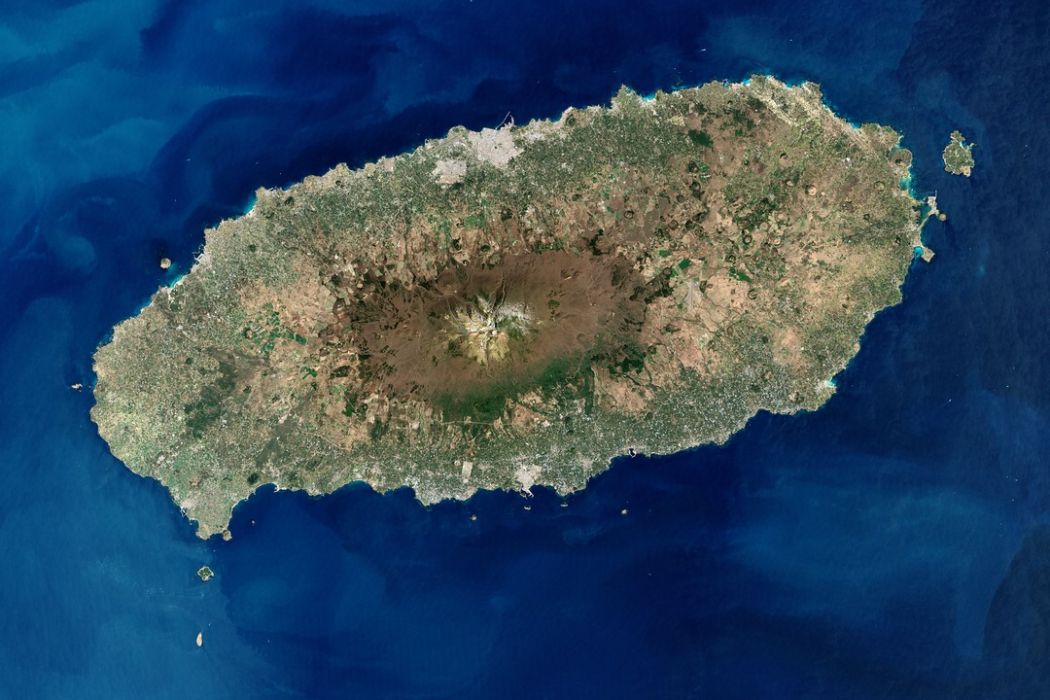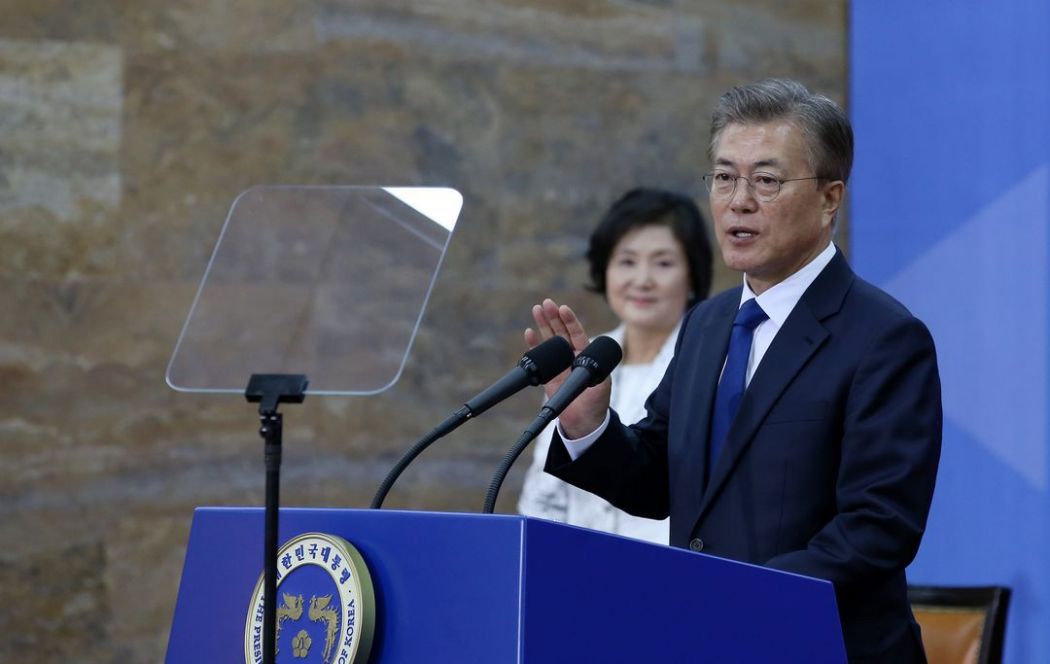South Korea’s Jeju Island is recognised throughout the world as a picturesque, affordable and easy-to-access holiday destination. Offering countless natural attractions such as volcanic craters, pristine beaches and lush walking trails, it is no wonder that thousands of honeymooners and vacationers descend upon the island each year.
With special rules allowing visa-free travel to citizens from more than 180 countries, Jeju has laid out the welcome mat to tourists from literally all corners of the globe. That is, until recently.
Between January and May of this year, approximately 550 Yemeni citizens made their way to Jeju Island via Malaysia. Entering Jeju on a visa-waiver, the Yemenis motivation for travel was not for a luxurious spa escape, but rather an escape from the severe human rights abuses and persecution in their home country.

With conflict raging in Yemen since March 2015, hundreds of thousands of people have fled abroad. To escape chronic food shortages, generalised violence, persecution and insecurity, many Yemenis have left for nearby countries such as Djibouti, Somalia, Sudan, Ethiopia and Oman. Others, like those on Jeju Island, have ended up on the opposite side of the world in search of safety and stability.
‘Fake refugees’
Following the arrival of the 550 refugees between January and May this year, South Korean President Moon Jae-in’s office received a petition with more than 640,000 signatures calling upon the government to stop accepting refugees. In addition to this, there has also been a sharp increase in online anti-refugee propaganda, as well as several anti-refugee rallies across the country.
The rapid deterioration in public sentiment towards refugees is multifaceted and complex, but it can be significantly attributed to the overwhelming public belief that the recent arrivals are “fake refugees.”

Many blogs and online Korean news sites refer to the Yeminis’ ability to arrive on Jeju Island with financial resources as clear evidence that they are not “genuine” refugees. Further reporting which describes the Yeminis as queue-jumpers, rule-breakers, and potential threats to South Korean security has only fuelled this rhetoric.
For many, the mere fact that the refugees have access to a cellphone and “nice clothes” means that they simply cannot be refugees. Such simplistic arguments are clear evidence that the majority of South Korean society have very little understanding of “who is a refugee.”
However, it also clearly indicates that there are a multitude of other factors influencing public opinion that need to be addressed.
Xenophobia and racism
Since the “Global Refugee Crisis” started in 2014, there has been a marked increase in xenophobia and racism worldwide. With the growing popularity of far right political parties, such attitudes have reshaped the refugee debate and have significantly contributed to the spread of negative refugee sentiment across Europe, the USA, Australia and Asia. This has resulted in an age of walls, fences, border securitisation and extreme vetting.
In South Korea, since the arrival of the Yemenis on Jeju Island, the world has also witnessed a huge spike in religious propaganda i.e. Islamophobia. Such anti-Muslim sentiments have been further fuelled by groundless claims from conservative churches that Muslim refugees are a security risk and are likely to commit crimes against women and children.
These xenophobic attitudes have been further heightened by the deeply ingrained Korean belief in the concept of “danil minjok” (purity of blood). Whilst this was officially removed from the Korean education curriculum in 2007, the concept obviously remains a core element of many older Koreans’ belief systems.
As the quest for racial purity was an official government policy for decades, such attitudes will take years, if not generations, to change.
A responsibility crisis, not a capacity crisis
Time and time again, government officials, refugee practitioners, and media representatives all reference the huge numbers of people that are currently forcibly displaced. With 65 million people forced to live away from their homes – 21 million of whom are refugees – we are facing a global crisis.
The debates surrounding how countries deal with these populations and how to provide them with access to durable solutions are ongoing.
On the other hand, what is not contentious and what cannot be classified as a refugee crisis is the arrival of 550 Yeminis on Jeju Island. This tiny number of people could be provided protection and given the necessary support required with little more than some additional coordination efforts between civil society and government agencies. What the Korean people and the Korean Government are instead exemplifying is a crisis of responsibility.
Interestingly, just a little more than a week ago, the Korean Government donated more than 33,000 metric tonnes of rice to assist refugees living in Kenya. Handing the rice over to the World Food Programme at a ceremony in Nairobi, South Korean Prime Minister Lee Nak-yon announced that he hoped the donation would “ease the minds of these refugees.”
Whilst this provision of food is undoubtedly a positive gesture, it clearly shows the Korean government’s approach towards helping refugees is solely focused on situations far from home, not for those “in their own backyard.”
For many years, South Korea was seen as a leader in East Asia when it came to refugee protection. Having signed the Refugee Convention in 1992, enacted national legislation in 2013, and initiated a resettlement programme not long afterwards, Korea was undoubtedly the most progressive country in the region. Unfortunately, this recent treatment of the Yeminis looks like South Korea may be following the problematic path of its neighbours Japan and Hong Kong.
One can only hope that once the initial public distrust dissipates, and the Korean government will take a strong stand to reinforce the need for refugee protection, not just for the 550 Yeminis, but for all refugees in South Korea.
